1. Knocking Down Load-Bearing Walls Without a Permit
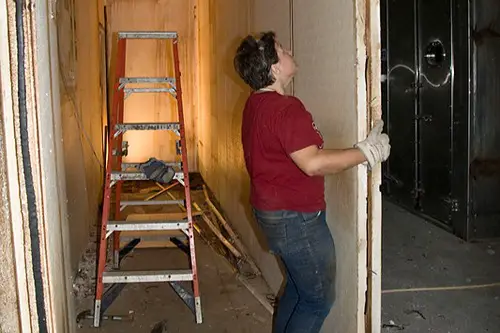
One homeowner in Los Angeles thought open-concept living was worth the risk and removed a load-bearing wall—without a permit or structural engineer. The result? A sagging ceiling and a neighbor’s complaint led city inspectors straight to the listing. Not only was the Airbnb permit revoked, but the owner was fined and forced to restore the original structure.
Cities often cross-reference Airbnb addresses with permit databases, and major structural work without approval is a fast-track to trouble. Removing walls without a permit violates zoning and safety codes in most cities. These changes can also invalidate your home insurance, which many hosts don’t realize until it’s too late. A $5,000 shortcut ended up costing this host their entire short-term rental income.
2. Installing a Basement Unit Without Egress Windows
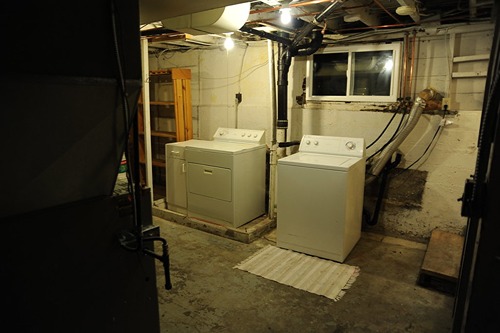
A Toronto homeowner converted their basement into a cozy “garden suite” for guests, but skipped adding legal egress windows. The unit looked great online, but it violated fire safety codes that require an emergency escape route. After a fire inspection triggered by a noise complaint, the unit was shut down, and their Airbnb registration was canceled. Worse still, the owner had to pay for a full retrofit to bring it up to code.
Egress window laws exist for a reason—they save lives during emergencies. Skipping this step is one of the most common violations seen in basement conversions. Some hosts assume “nobody will notice,” but a single guest review mentioning the lack of windows can attract regulators’ attention. Airbnb itself may also suspend listings if a unit appears unsafe.
3. Adding a Bathroom Without Updating Plumbing
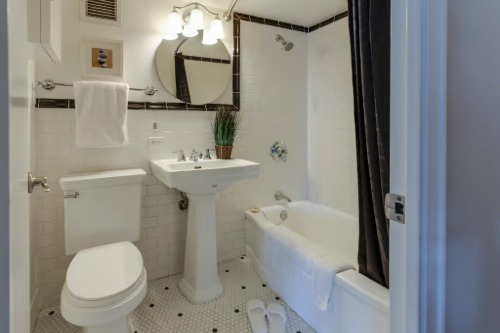
A homeowner in Austin added a second bathroom to their rental unit to increase guest capacity—but didn’t update the plumbing permits. Not long after, a guest reported sewer smells, and the health department was alerted. The city discovered the illegal hookup during inspection and yanked the home’s short-term rental permit. The owner was stuck with a hefty fine and an unusable second bath.
Plumbing upgrades almost always require inspections to ensure waste lines and venting are done correctly. DIY jobs often skip vent stacks, leading to dangerous gas leaks or backups. Unpermitted bathrooms are also a major red flag for home appraisers and insurers. What starts as a convenience upgrade can turn into a legal and financial nightmare.
4. Installing a Hot Tub Without Electrical Compliance
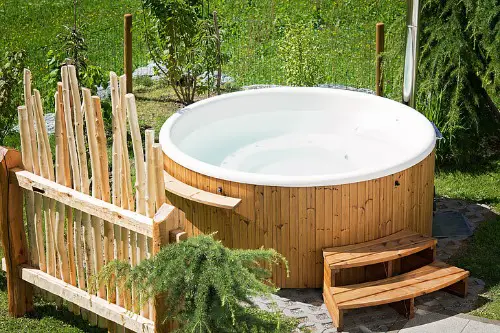
One couple in Scottsdale added a hot tub to boost bookings but didn’t hire a licensed electrician. They wired it themselves using an outdoor extension cord and a basic power outlet. When a guest got shocked and reported it, the city stepped in and revoked their Airbnb license for safety violations. The couple faced liability issues and were nearly sued by the guest.
Hot tubs require dedicated GFCI circuits and proper waterproof wiring, which are strictly regulated. Electrical safety is one of the most common causes of permit-related shutdowns in Airbnb properties. Even if the hot tub “works,” non-compliance is a code violation that can cost you your rental rights. Safety should never be an afterthought in pursuit of five-star reviews.
5. Skipping Soundproofing in Multi-Unit Buildings
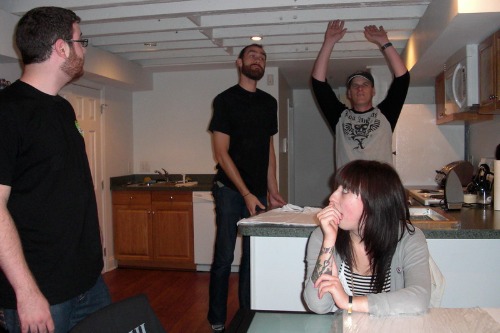
In Chicago, a host renovated their condo to rent out on Airbnb but didn’t install soundproofing between floors. Their downstairs neighbors filed repeated noise complaints, even after normal guest behavior. Eventually, the condo board reported them to the city, resulting in the loss of their short-term rental registration. The host also faced a lawsuit from the HOA for violating building guidelines.
Many cities require hosts in shared buildings to demonstrate sufficient sound insulation. Noise complaints are one of the fastest ways for a listing to get flagged by local authorities. Retrofitting for soundproofing after the fact is expensive and not always possible. Doing it right during renovation protects both your permit and your guest ratings.
6. Expanding Decks Into Protected Green Space
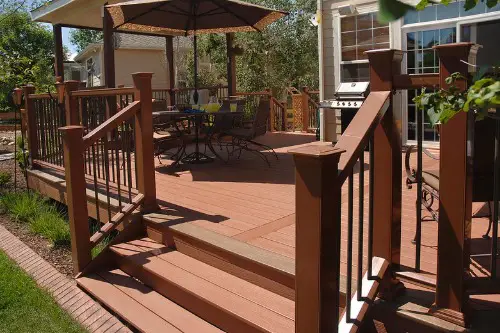
A homeowner near Denver built an oversized deck to accommodate outdoor lounging—but unknowingly extended it into protected open space. A neighbor reported the construction, and inspectors found that no setback permit was filed. The illegal expansion led to environmental violations, and the city permanently banned the home from Airbnb use. Reversing the damage cost more than the deck itself.
Local zoning laws often restrict how close structures can be to wetlands, forests, or even steep slopes. Airbnb hosts looking to boost their outdoor appeal often run afoul of these lesser-known rules. It’s tempting to take advantage of beautiful surroundings, but doing so without permits can put your whole rental license at risk. Always check your local property line and zoning maps before building.
7. Ignoring ADA Compliance in “Accessible” Listings
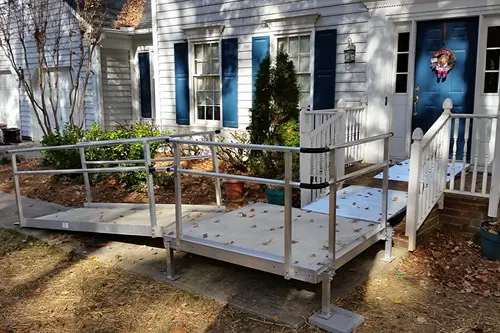
A host in San Diego marketed their unit as wheelchair-accessible after installing a ramp and grab bars—but didn’t meet official ADA standards. A disabled guest filed a complaint after discovering the bathroom doorway was too narrow for a standard wheelchair. That led to a city inspection and the revocation of the host’s short-term rental certificate. They were also investigated under federal disability access laws.
Labeling a space “accessible” isn’t just about ramps—it must meet legal dimensions, turning radii, and fixture standards. Hosts trying to appeal to inclusive travel markets can unintentionally violate serious accessibility regulations. Misrepresenting accessibility can also lead to lawsuits and penalties. If you’re going to offer an ADA-compliant stay, you must do it by the book.
8. Adding a Kitchenette Without Ventilation
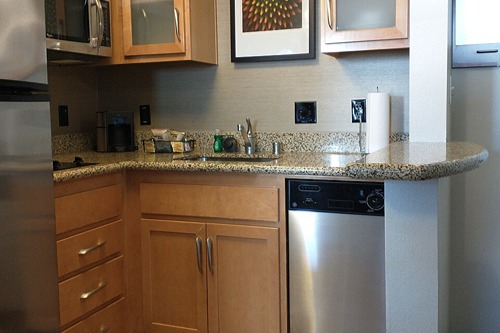
A New York City host converted a guest bedroom into a mini studio with a kitchenette—but failed to install proper ventilation. A guest reported headaches from gas fumes, prompting a fire department visit. The inspection revealed no exhaust system or CO detectors, which violated both housing and safety codes. The Airbnb permit was immediately suspended.
Even small cooking appliances require adequate air circulation and safety equipment in many cities. Unvented gas burners are a major health hazard, especially in enclosed spaces. Hosts often think “it’s just a hot plate,” but that mindset can lead to major violations. If it functions like a kitchen, it must meet kitchen standards.
9. Using Non-Fire-Rated Materials in Conversions
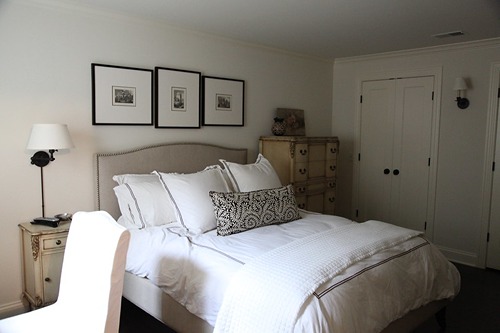
In Seattle, a homeowner converted their garage into a guest suite using cheap insulation and wood paneling. A fire marshal inspection, triggered by a nearby house fire, found that none of the materials were fire-rated. The unit failed its inspection and the host lost their short-term rental license permanently. They also had to gut the space to bring it up to fire code.
Many homeowners don’t realize that certain materials—like drywall thickness and insulation type—must be fire-rated for livable spaces. This is especially important in garage and attic conversions. Local building codes usually require fire separation between the guest unit and main house or garage. Cutting corners on materials can literally cost you your rental business.
10. Turning a Shed Into a “Tiny House” Without Permits
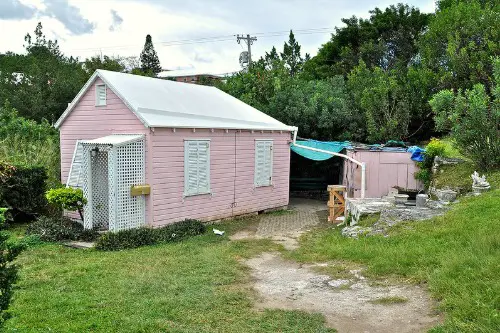
A homeowner in Portland turned their backyard shed into a trendy guest space, complete with a loft bed and compost toilet. It looked great on Instagram, but the city requires permits for any dwelling with plumbing or sleeping quarters. An inspector shut the unit down after spotting it in an Airbnb listing and finding no record of approval. The permit violation led to a $10,000 fine and delisting.
Tiny homes still count as habitable structures under most zoning laws and must meet local building codes. That includes heating, electrical, and minimum square footage standards. Just because it’s small doesn’t mean it’s exempt. If you’re adding a separate dwelling unit, even in your backyard, it needs to be legally permitted.
11. Removing Fire Escapes for Aesthetic Reasons
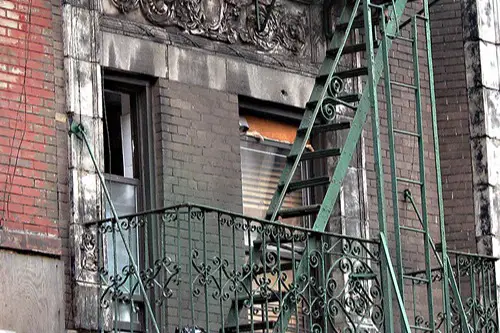
In Boston, a landlord renovated an old brownstone and took down the exterior fire escape to give the building a cleaner look. They figured the new stairwell inside was enough for Airbnb guests. But fire codes still required secondary egress for upper-level units, and the missing escape triggered a permit review. The short-term rental license was revoked, and the building faced steep fines.
Fire escapes aren’t just relics—they’re part of legally required safety systems. Removing one without proper city approval is a code violation in nearly every major U.S. city. Any change that affects evacuation routes can jeopardize your ability to host. Beauty might sell bookings, but it can’t come at the cost of safety.
12. Not Soundproofing After Adding a Party Space
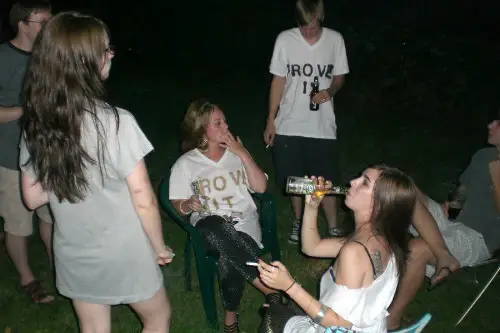
In Miami, a host renovated their rooftop into a vibrant outdoor lounge for Airbnb guests—but didn’t consider local noise ordinances. The space became a party hub, and complaints poured in from surrounding residents. After repeated citations, the city revoked the permit and banned short-term rentals at the address. The host also lost their business license for violating local nuisance laws.
Outdoor amenities are a great draw for bookings but must follow local regulations. Rooftop spaces especially need soundproofing or curfews to avoid becoming a liability. Some cities even require acoustic impact studies before approving rooftop construction. If the neighbors can hear the music, the city will hear about it—and that could cost you everything.
This post 12 Renovation Fails That Cost Homeowners Their Airbnb Permits was first published on Greenhouse Black.
